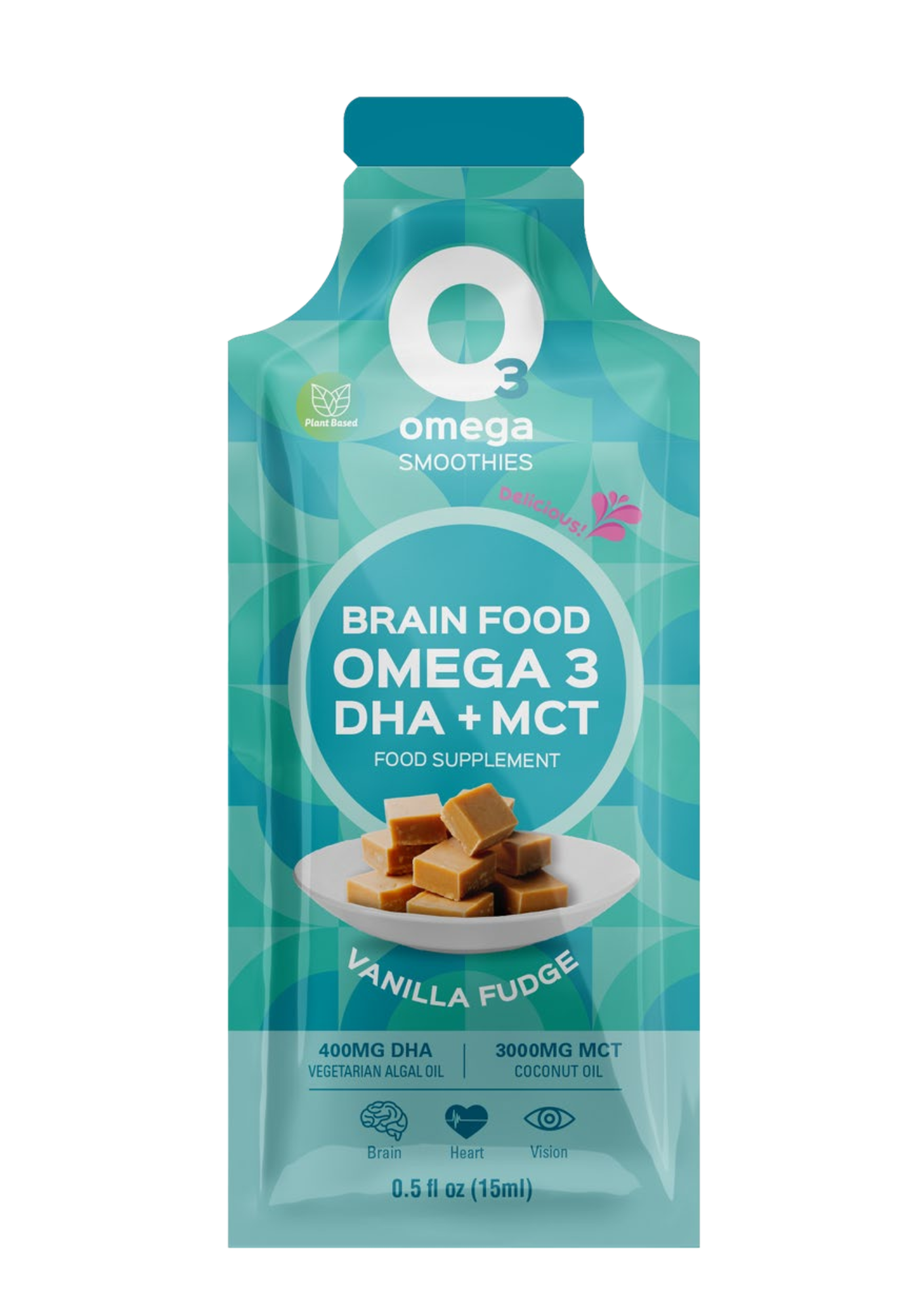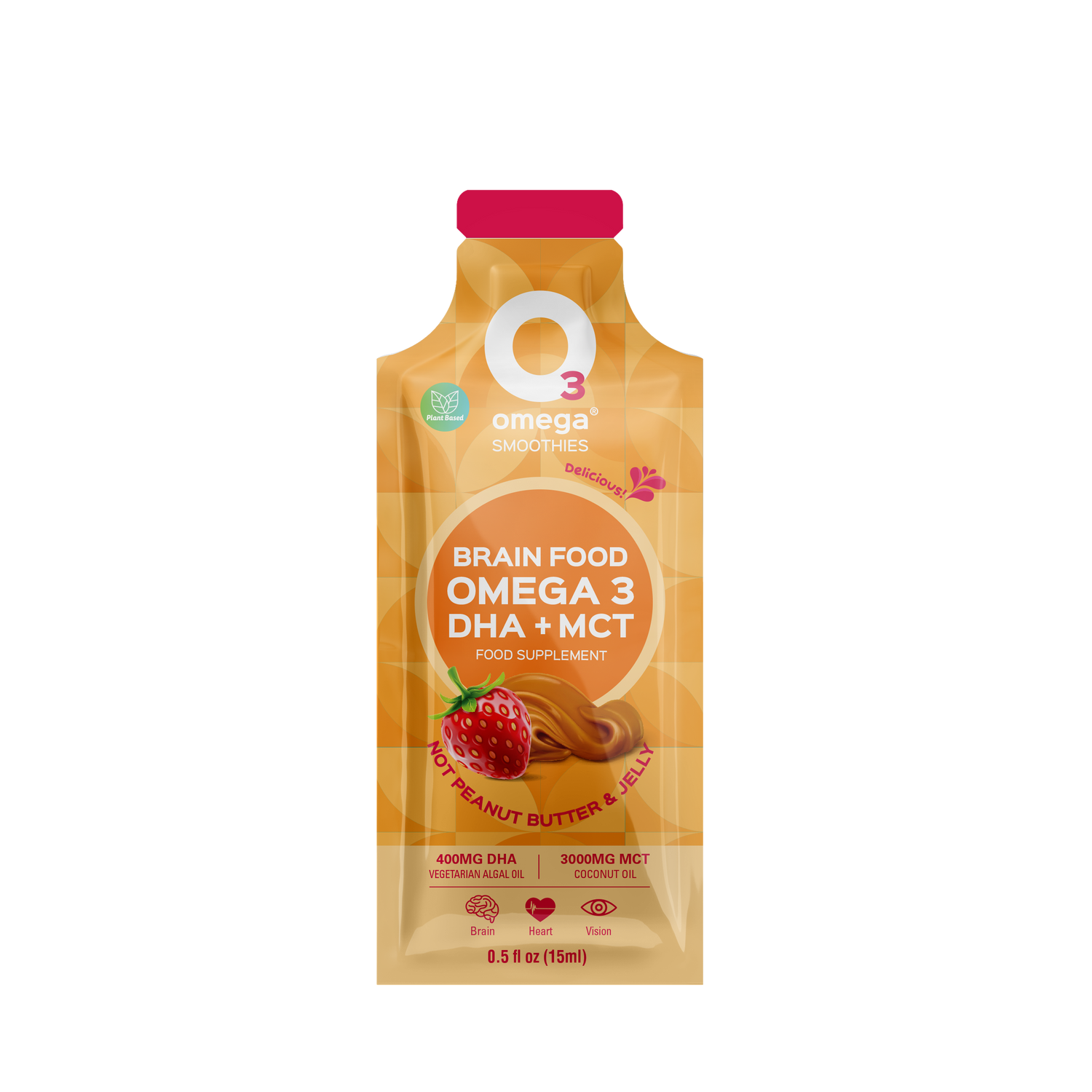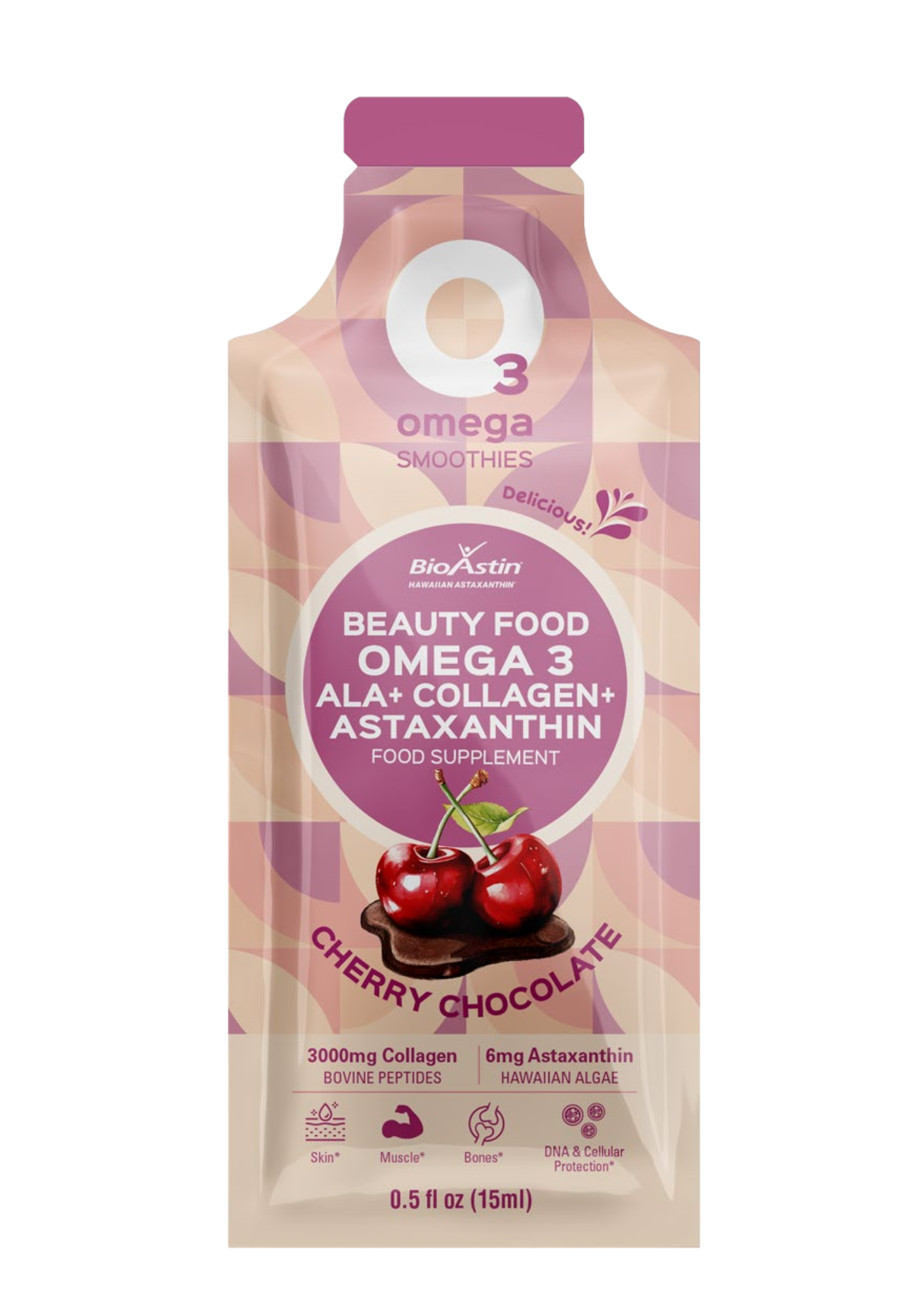The past decade has seen the kombucha market take off. What is currently a $1 billion US global market is projected to hit $4 billion in the next four years. Make no mistake, the days of having to seek out a high-end food market or health food store to find kombucha are long gone. Today kombucha is everywhere, and even the biggest players have horses in the race. Pepsi purchased KeVita in late 2016, and Coke acquired MOJO in 2018.
These fruity effervescent drinks represent the latest move by big beverage to ensure that consumers who are increasingly branching out for healthier alternatives to carbonated soft drinks don't take their business elsewhere.
What is kombucha?
Kombucha is a fermented beverage made from sweetened black or green tea; the fermentation agent is known as SCOBY (symbiotic culture of bacteria and yeast). The fermentation process leaves it slightly carbonated and often with low alcoholic content. Kombucha is often flavoured with fruit juices or other artisanal ingredients.
Its consumption can be reliably traced back to Russia and Eastern Europe prior to World War Two, while its uncertain origins have been placed, by some, as far back as the late Qin Dynasty 2,200 years ago.
What are the health benefits of kombucha?
For years there have been a broad array of purported health benefits attributed to kombucha, and it has been touted as a beneficial functional drink for everything from diabetes, to cancer, to arthritis, and AIDS. None of these claims, however, have stood up to rigorous scientific scrutiny. So what can be reliably said of kombucha?
First, it is a source of beneficial probiotics which can help balance gut flora and aid in digestion, immune response, and even help combat some forms of inflammation. These benefits are common to many fermented foods, including yoghurt, kefir, kimchi, sauerkraut, and miso.
Second, a green tea kombucha will also provide a reliable source of antioxidants, which are known to mitigate the damage to cells caused by free radicals. It is possible that free radicals may play a role in the onset of various diseases such as heart disease and cancer. Other sources of antioxidants include dark chocolate, blueberries, artichokes, and kale.
However, kombucha is not recommended for people with compromised immune systems, pregnant or nursing women, children under the age of four, or the elderly. Furthermore, it is generally agreed that kombucha is a drink that ought to be enjoyed in moderation, as most kombucha drinks come in 12- or 16-ounce servings one per day should be considered a safe limit.
Conclusion
While many of the more impressive claims as to the health benefits of Kombucha remain unsubstantiated that is not to say they have been disproven. Furthermore, as a probiotic-rich beverage with antioxidant properties, Kombucha is certainly a far healthier alternative to many of the drinks featured in convenience store






0 comments